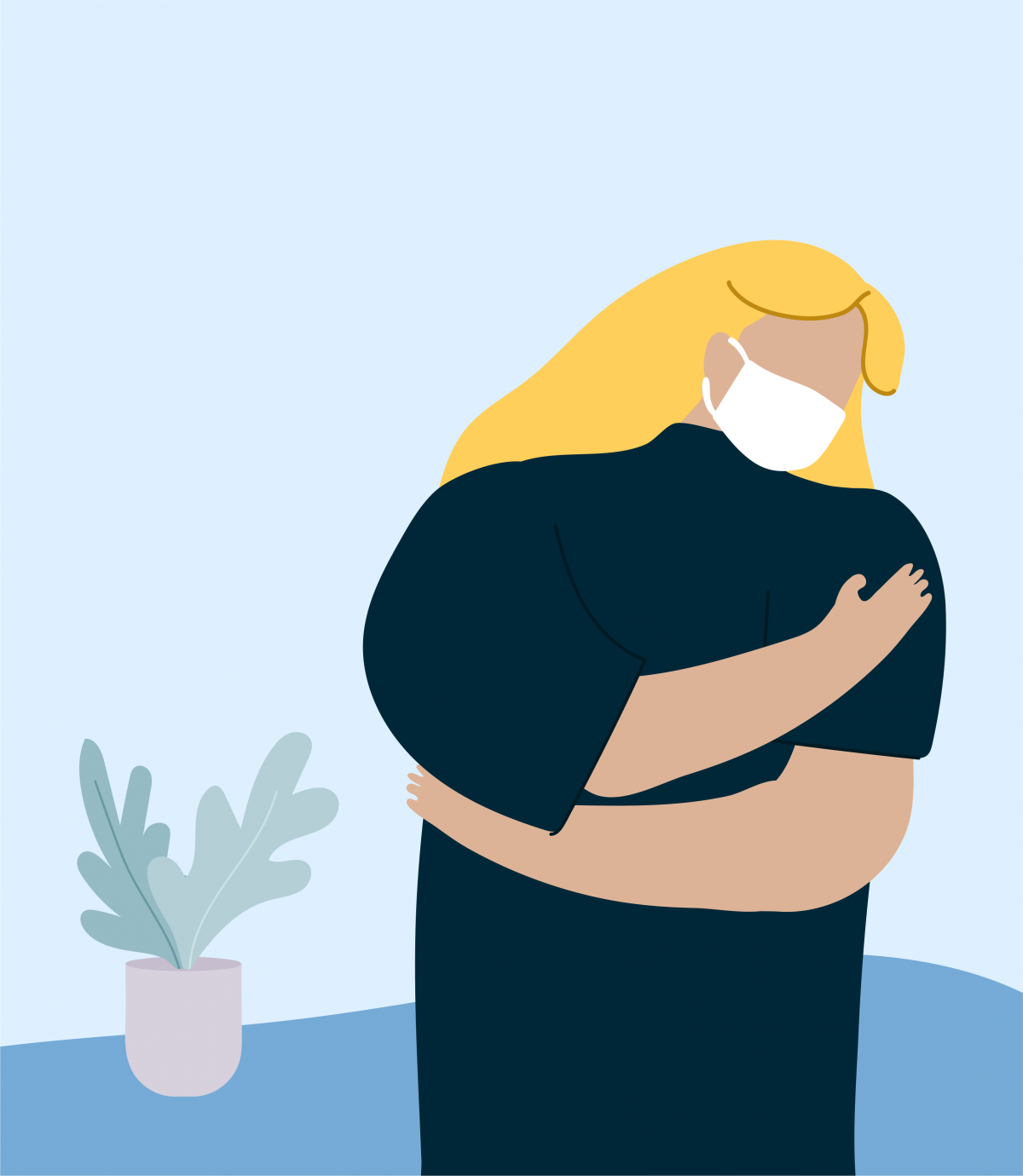
Mental health is just as essential as physical health for attaining developmental milestones during childhood. It aids in the emotional well-being and social skills of children. Besides that, mental health may significantly influence how they learn, behave, and deal with their emotions. Therefore, understanding how your child’s mental health may have been affected during the Covid-19 Pandemic and learning how to overcome any setbacks may be necessary.
The complicated array of challenges brought on by the pandemic, grief, uncertainty, social isolation, prolonged screen time, and parental exhaustion have all harmed children’s mental health. Experiencing such problems isn’t unusual for a child. Still, the pandemic’s lengthy, restricting, and widespread nature has aggravated these issues.
Consider some of these behaviors to recognize signs of stress or mental health issues in your child.
- Changes in their mood that are out of the ordinary, such as persistent irritation, feelings of hopelessness, wrath, or frequent clashes with friends and family.
- Stepping back from personal relationships or severing ties with friends.
- A loss of interest in previously enjoyed activities.
- Changes in appetite, weight, or eating habits, including never being hungry or overeating.
- Memory, reasoning, or concentration issues.
- Suicide or death-related thoughts, and talking about them.
Parental support is critical in ensuring that your child can overcome mental health challenges but also in helping them maintain a positive outlook on their wellness. You may adopt some of the following strategies to help your kid:
- Self-care for caregivers: The wisest approach for parents to help their children is to take care of themselves first. Self-care is not selfish since it allows you to be a steady, calm, and comforting presence for your children. As a result, you may be able to understand your child better and make them feel more at ease, comfortable, and focused.
- Providing Assurance: Reassuring your children, listening to their concerns, spending time with them and giving them the attention they need makes them feel loved and cared for. Some kids may require more time and space to express their emotions and may benefit from gradual discussions and indulging in hobbies such as painting or drawing. Others may feel more at ease with more direct conversations.
- Managing your child’s anxiety: It is normal for your child to experience some anxiety as a repercussion of the pandemic. Avoid being judgemental when they express their feelings or being irritable with them. Helping them adopt an optimistic approach towards getting rid of negative emotions by facilitating proper health care is beneficial.
